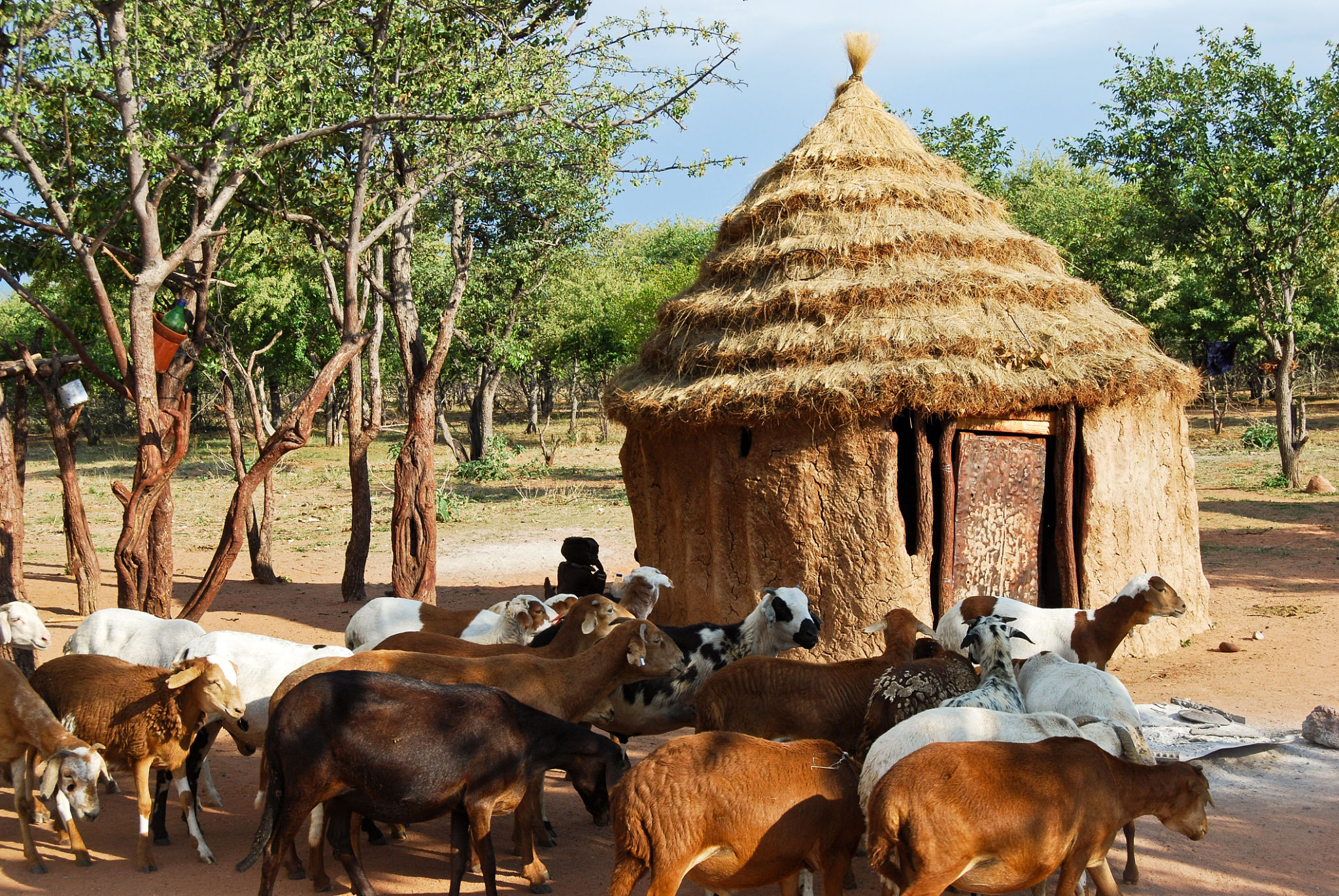Mental Health Challenges Faced by Immigrants: Understanding the Somali Bantu Perspective
Mental Health Challenges Faced by Somali Bantu Immigrants
Immigrating to a new country is a profound life change that brings a myriad of challenges, particularly for communities like the Somali Bantu. This group, with a unique cultural and historical background, often faces specific mental health challenges upon settling in a new environment. Understanding these challenges is crucial in providing the necessary support and resources to ensure their well-being.

Cultural Displacement and Identity
The Somali Bantu community, originally from Somalia, has faced a long history of displacement and marginalization. Upon arriving in a new country, many individuals struggle with cultural displacement, as they are torn between maintaining their cultural identity and integrating into a new society. This can lead to feelings of isolation and confusion, which are common triggers for mental health issues.
Preserving their cultural heritage while adapting to new cultural norms is a delicate balance. The pressure to assimilate can lead to identity crises, especially among younger generations who may feel caught between two worlds. This internal conflict can contribute to stress, anxiety, and depression.

Language Barriers and Communication
Language barriers are a significant hurdle for Somali Bantu immigrants, impacting their ability to access mental health services effectively. Without proficient language skills, expressing emotions and seeking help becomes increasingly difficult. This communication gap can lead to misunderstandings and inadequate care, further exacerbating mental health issues.
Efforts to provide translation services and culturally sensitive communication strategies are essential in bridging this gap. Community programs that offer language classes and mental health education can empower individuals to seek help and articulate their needs more effectively.

Trauma and Resilience
Many Somali Bantu immigrants carry the burden of trauma from past experiences of conflict and displacement. The journey to a new country often involves harrowing experiences that leave psychological scars. Addressing these trauma-related mental health issues requires specialized care that acknowledges the historical context of their struggles.
Despite these challenges, the Somali Bantu community exhibits remarkable resilience. Strengthening community ties and building support networks can play a crucial role in promoting healing and well-being. Encouraging storytelling and cultural expression can also be therapeutic, allowing individuals to process their experiences in a supportive environment.

Access to Mental Health Services
Accessing mental health services remains a significant challenge for Somali Bantu immigrants. Socioeconomic factors, lack of awareness, and stigma surrounding mental health often hinder individuals from seeking the help they need. It's vital to increase awareness about available resources and reduce the stigma associated with mental health within the community.
Healthcare providers must adopt culturally competent approaches that respect the unique needs of Somali Bantu immigrants. Collaborations with community leaders and organizations can improve service delivery and ensure that mental health support is accessible and effective.
Understanding the mental health challenges faced by Somali Bantu immigrants is the first step in creating a supportive environment that fosters well-being. By addressing cultural displacement, language barriers, trauma, and access to services, we can build a more inclusive society that values the mental health of all its members.
